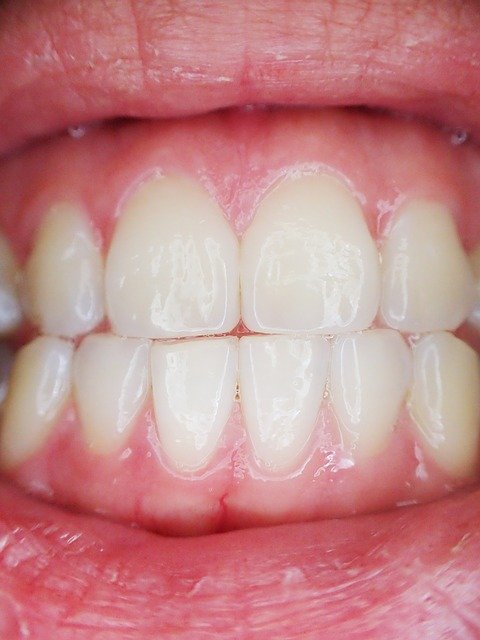Gum recession is a condition where the gum tissue surrounding teeth begins to draw away from the teeth. This will reveal more of the affected teeth and can make them look longer than usual. Gum recession is a common problem and very treatable. Since it’s a gradual process, sometimes, people are not even aware of it. There are several potential reasons for gums to recede.
Causes of Gum Recession
The primary cause of gum recession is gum disease. About 30% of the population are genetically predisposed to gum disease. Other causes may include:
- Damaging gum tissue by brushing too aggressively
- Tobacco use
- Grinding teeth especially while asleep
Without treatment, the gums can become increasingly inflamed and sensitive. They also become more susceptible to bacteria. Over time, bone structure and supporting tissue degrade. Eventually, the teeth will begin to rot and die.
How will I know if I have receding gums?
It can be difficult to identify gum recession just by looking at your gums. This is why regular dental appointments with your Glen Ellyn dentist is important. However, there are some signs you can look for in between appointments with Dr. Gibbs. Here are some signs of gum recession:
- Longer Looking Teeth – After you brush your teeth, look at them to see if they look any longer than before. This is often the first sign of receding gums. If you notice your teeth looking longer than normal, schedule an appointment with Dr. Gibbs as soon as you can.
- Sensitive Teeth – Sudden increased sensitivity in your teeth is a sign of gum recession and other possible dental conditions. It should not be taken lightly.
- Gum Line Notch – If you feel a notch at the gum line where the gum and tooth meet, you may have receding gums.
Can I help prevent gum recession?
There are several treatment options for gum recession. Your Glen Ellyn, IL dentist can treat the condition with antibiotics, deep cleaning, regeneration, soft tissue grafts, or pocket depth reduction. But the best treatment is prevention. Here are a few ways you can help prevent gums from receding.
Gentle Teeth Brushing
Brushing your teeth harder doesn’t get them cleaner, and it can cause damage. Aggressive brushing can wear away enamel and contribute to receding gums.
Avoid Tobacco Use
No form of tobacco use is good for your gums or your oral health. Tobacco leaves a sticky residue on teeth and it’s very difficult to remove. When it remains on teeth, it can lead to gum recession. Stopping tobacco use can help eliminate one risk. It can also help reduce your chances of developing oral cancer.
Get Help from Dr. Gibbs for Teeth Grinding
Teeth grinding or clenching is often done in your sleep without you knowing you are even doing it. It usually occurs subconsciously when you are under a lot of stress. It can lead to a lot of dental problems, including gum recession. Dr. Gibbs can help correct teeth grinding.
Ask About Aligners
If your teeth are misaligned, it can put more force on the gums and jawbone. This can make it more likely for your gums to recede. Talk to Dr. Gibbs about clear aligners that can help correct your bite and straighten your teeth. This can help reduce your risk of gum recession.
Avoid Piercings in or Near the Mouth
Piercing your tongue or lip or wearing jewelry near your mouth can cause your gums to become irritated. Over time, irritated gum tissue can begin to wear away and lead to gum recession.
Learn More from Your Glen Ellyn Dentist
Call us today to schedule your exam and to learn more about effective treatment options for gum recession. Dr. Gibbs will be happy to answer any questions you have, and you can schedule an exam anytime to address any concerns. Call us today to make an appointment.



